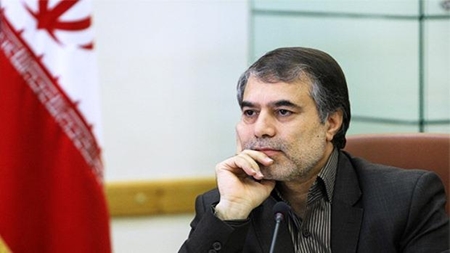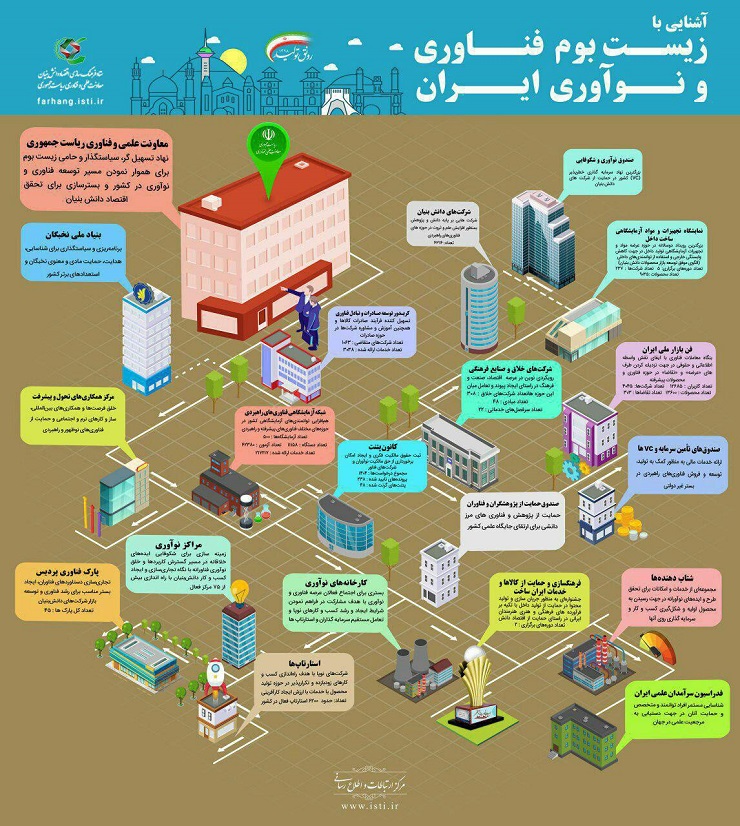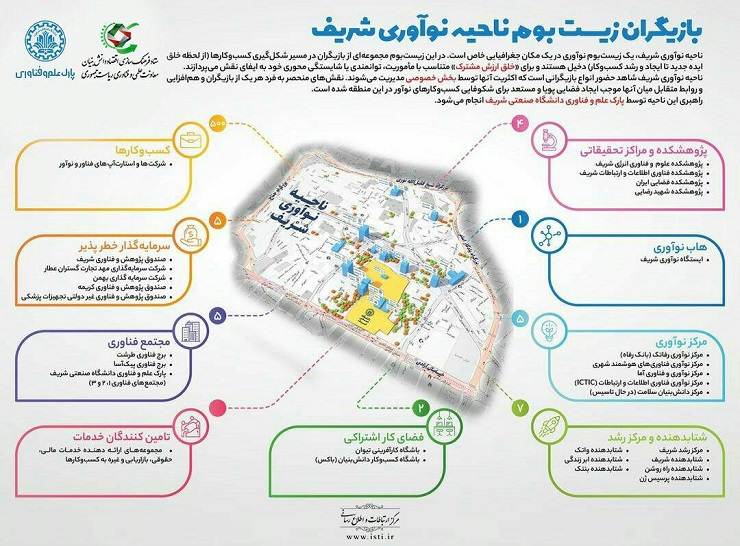Knowledge-based culture is the foundation of society
Parviz Karami, secretary-general of the Knowledge-Based Economics Development Headquarter
Parviz Karami, secretary-general of the Knowledge-Based Economics Development Headquarter

*Parviz Karami
Let’s take a look at both sides of the coin during these days:
Head side: we are worried most of the times. “What will happen tomorrow?”. This question is on the mind of all of us. There is no end to our concerns. Suffers exist at all times and our enemies work tirelessly, spreading hopelessness and despair. In addition, jealous people are in ambush. Our oil, nuclear power, banks, and drugs are sanctioned. It seems as if Iran has been left alone.
Tail side: two years after the victory of the Islamic revolution, Khoramshahr was taken unfairly. The world expected us to sit back and watch. On the contrary, we stood up, resisted, defended, and took back Khoramshahr. All parts of this city and soil are valuable to us. We realized that we must stand on our own feet. We practiced “we can” during the war. We learned to build, test, and gain results. 30 years after that time, the law for support of knowledge-based companies and institutions was formed with no specific fuss. This continued until 2013, when several knowledge-based companies were registered. Only a few people knew the meaning of knowledge-based. All of a sudden, this pleasant combination started to move in the capillaries of the public opinion and society with the help of culture-building and promotion.

Sorena Sattari; a young elite from the Sharif University of Industry and the child of a great, creative, genius, scientist and powerful man, who believed in the value of the Iranian mind and thoughts, came to the field and changed the game by accelerating the growth of innovation. He became the vice president for science and technology affairs and the president of the national elites foundation. The topic of the knowledge-based market became more importance and pandemic. This innovative approach increased hope in the youth and academics, motivating them to enter the field and use their ideas. Knowledge-based companies were established and developed one by one, and several startups were created. In addition, accelerators were formed at a high pace and innovation centers were established in universities. Venture capitals also emerged, and we will soon celebrate the formation of Azadi Innovation Factory and Sharif Innovation Region.
Today’s Iran is completely different from six years ago. About 4500 knowledge-based companies have been confirmed and initiated their work in the economic cycle. These companies have produced up to 90 thousand billion tomans revenues for the country and have created jobs for more than 300 thousand people. In these six years, more than six thousand startups have been formed, from ICT and service-based startups to high-tech and technological startups. There are various types of startups working in line with the second step of the revolution supported by the Supreme Leader. In addition, industrial and technological startups have come to the field with more serious determination. An innovation factory has been formed in Tehran, and other innovation factories are being established in other metropolises.

Since the beginning of his work, the young “Sattari” worked tirelessly by adhering to the slogan of “creating the innovation and technology ecosystem” and the knowledge-based economy. He visited all provinces, all cities, all parks and all universities and insisted on this issue as far as his concerns were eliminated. The activity of 4500 knowledge-based companies is no joke. In fact, it is a great task and phenomenon. The fight with the attitude to oil-based and resource-based economy and reliance on raw selling has been a success with the mass growth of knowledge-based companies, startups and innovation centers. In this regard, the young experts of Islamic Iran have played an important role. The intellectual properties of this brilliant generation in the form of companies and startups have improved the culture of Iranian businesses. At this moment, Sattari has aged two weeks more than his martyred father and his concerns have been doubled.
These days, you cannot find any place without the talk about creative and innovative thinking. Meeting of Sattari with technologists, elites, academics and owners of knowledge-based companies, followed by co-founders of startups, authorities of accelerators and innovation centers has been constructive.
There might still be another dream in the heart and mind of those concerned with the ecosystem of innovation and technology; it would be great if the youth of the country answer the question of “what do you want to be when you grow up?” with: “I want to be an entrepreneur and run my own startup”. The economy of resistance and knowledge-based economy requires innovative entrepreneurs more than some luxurious and high-income jobs. Knowledge-based companies support and generate entrepreneurs, and startups welcome today’s innovators and creative individuals and future entrepreneurs. Venture capitals believe in the thoughts of the Iranian youth, and innovation factories and areas form innovation startups in the country and are the most interesting, joyful and heart-warming places for this future-making generation and top professors and universities. The motherland has hugged its children kindly. Iran is not alone, and the homeland is faithfully hoping for a bright future.




comment